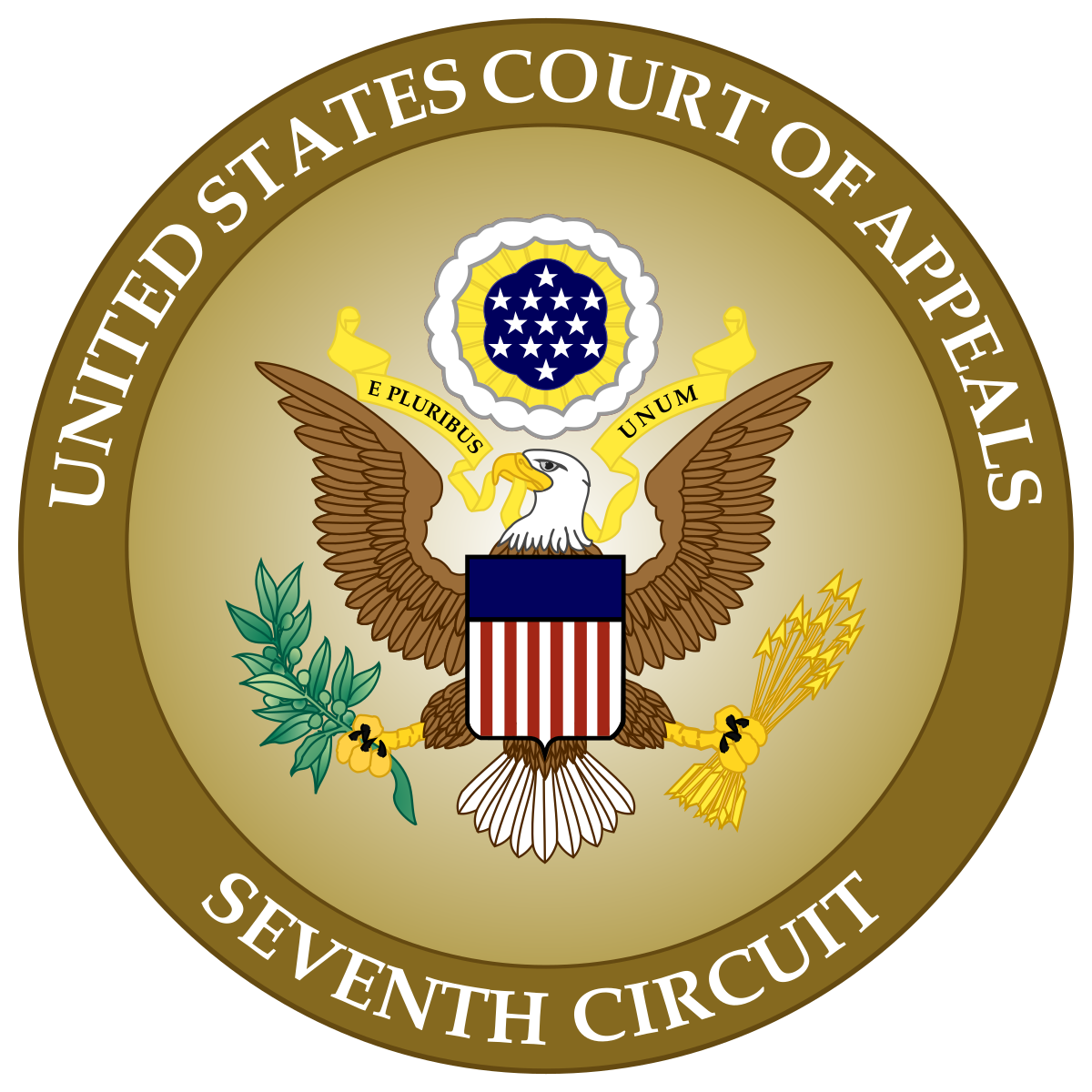 An appeals court decision in a crucial Freedom From Religion Foundation Indiana case is a partial victory for our secular Constitution.
An appeals court decision in a crucial Freedom From Religion Foundation Indiana case is a partial victory for our secular Constitution.
Each December for nearly half a century, the Performing Arts Department of Concord High School in Elkhart, Ind., staged several highly religious nativity performances of its “Christmas Spectacular.”
FFRF and the ACLU of Indiana sued in the fall of 2015 on behalf of parents and students who were ostracized by the annual nativity pageant, which involved students acting out the biblical story while a teacher read aloud from the New Testament. When U.S. District Judge Jon DeGuilio issued a preliminary injunction in late 2015 against the live nativity, the school responded by placing mannequins on stage as a static nativity scene, while students performed the same Christmas songs, albeit without employee-led bible readings. DeGuilio ruled last year that the live nativity was “an impermissible message of endorsement,” but that the school could continue displaying its static nativity scene. FFRF, the ACLU, and the ACLU of Indiana filed a brief before the 7th US Circuit Court of Appeals contending that, given the previous version of the nativity performance, the modest changes made by the district would be viewed by the public as an attempt to preserve the school’s 45-year tradition of First Amendment abuse.
While the 7th Circuit decision handed down on Wednesday acknowledges that this is a close call and that its ruling is confined to the specific facts before the court, ultimately it upholds the district court’s decision. Although FFRF is disappointed that the court was persuaded by the school’s superficial changes to its longstanding Christian performance, the court also affirmed that the plaintiffs are entitled to damages and a declaratory judgment that prior versions of the show violated the Establishment Clause, calling the live nativity in particular “problematic.”
Critically, the court also ruled that the plaintiffs’ challenge to the pre-2015 version of the Christmas Spectacular was not moot. Because the school had not taken any concrete steps to demonstrate that it would not regress to the pre-2015 version of the performance, the court left in place a declaration that this version of the performance violates the First Amendment. The court even cited a “Save Concord’s Christmas Spec’s Nativity Scene” Facebook page and a death threat made against plaintiff FFRF as reasons why the district might be pressured to revert to the earlier version. Thus, the declaration against the pre-2015 performance remains in place and Concord will be unable to revert to that version. This was the version of the performance that the plaintiffs sued over.
The decision has troubling aspects, as well. Even though the court correctly pointed out that the school’s asserted purpose of providing a “cultural education about December holidays” was only made after the fact, the court accepted the school’s other asserted purposes for the nativity. The court wrongly considered the purpose of the show as a whole and concluded that the purpose was “to entertain the audience and to provide pedagogical opportunities for [the] students.” Since FFRF was not challenging the entire performance, but only the final Christian portion, the court instead should have considered whether the school had a secular purpose in having students sing Christian songs about the birth of Jesus while displaying a nativity scene, which it plainly does not.
That’s why FFRF is considering appealing the entire 7th Circuit to review the decision. The court acknowledged that the show’s blatantly unconstitutional 45-year history affected its analysis, noting FFRF’s point that the school’s mannequin performance was “the same religious program, just with litigation-motivated edits.” But the court bizarrely concluded that the 45 years of promoting Christianity reduced the appearance of religious endorsement in the modified performance because the new version was “a major departure from [previous shows].” This reasoning is backward, since brazenly violating the Constitution for 45 years should lead to greater skepticism of the school’s intent to be neutral toward religion, not less.
FFRF extends its warmest thanks to the brave plaintiffs who have stopped this major violation.
The Freedom From Religion Foundation is dedicated to the separation of state and church, with 32,000 nonreligious members nationwide, including almost 500 in Indiana.
Attorneys on the case include Gavin Rose of the ACLU of Indiana, Sam Grover and Ryan Jayne of FFRF, and Daniel Mach and Heather L. Weaver of the ACLU. FFRF v. Concord Community Schools, Case No. 3:15-cv-00463, was in the U.S. District Court for the Northern District of Indiana, South Bend Division, and then before the 7th U.S. Circuit Court of Appeals.

